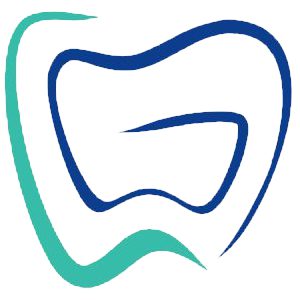THE ENDODONTIST’S EXPERTISE is the most important part of saving an infected tooth from needing to be extracted. Successful treatment means the tooth will heal correctly and not require retreatment. Several other factors also affect the recovery process, some of which are in the patient’s control.
How Damaged Was the Tooth??
The amount of initial decay in the tooth will determine how stable the tooth is and how quickly it will be able to recover. Minor enough decay might mean the tooth doesn’t even need a replacement crown!
Be Careful of Biting Down
A front tooth will recover more quickly than a back tooth with multiple roots. Teeth used for chewing also take a lot of pressure, so patients will need to be more careful not to bite down on hard foods with them.
Age and Health Affect Healing
The patient’s age and health will impact recovery too. Young patients tend to heal more easily, as do patients with a strong immune system. Patients with diabetes and other chronic conditions may need to take extra precautions to ensure that their tooth heals well.
Follow Your Post-Op Instructions
The biggest thing a patient can do for their recovery is to follow post-op instructions. Avoid biting down with the treated tooth for the first few days, don’t chew with it until it has fully healed, and make sure to floss daily and brush twice daily to keep the surrounding teeth and gums healthy.



